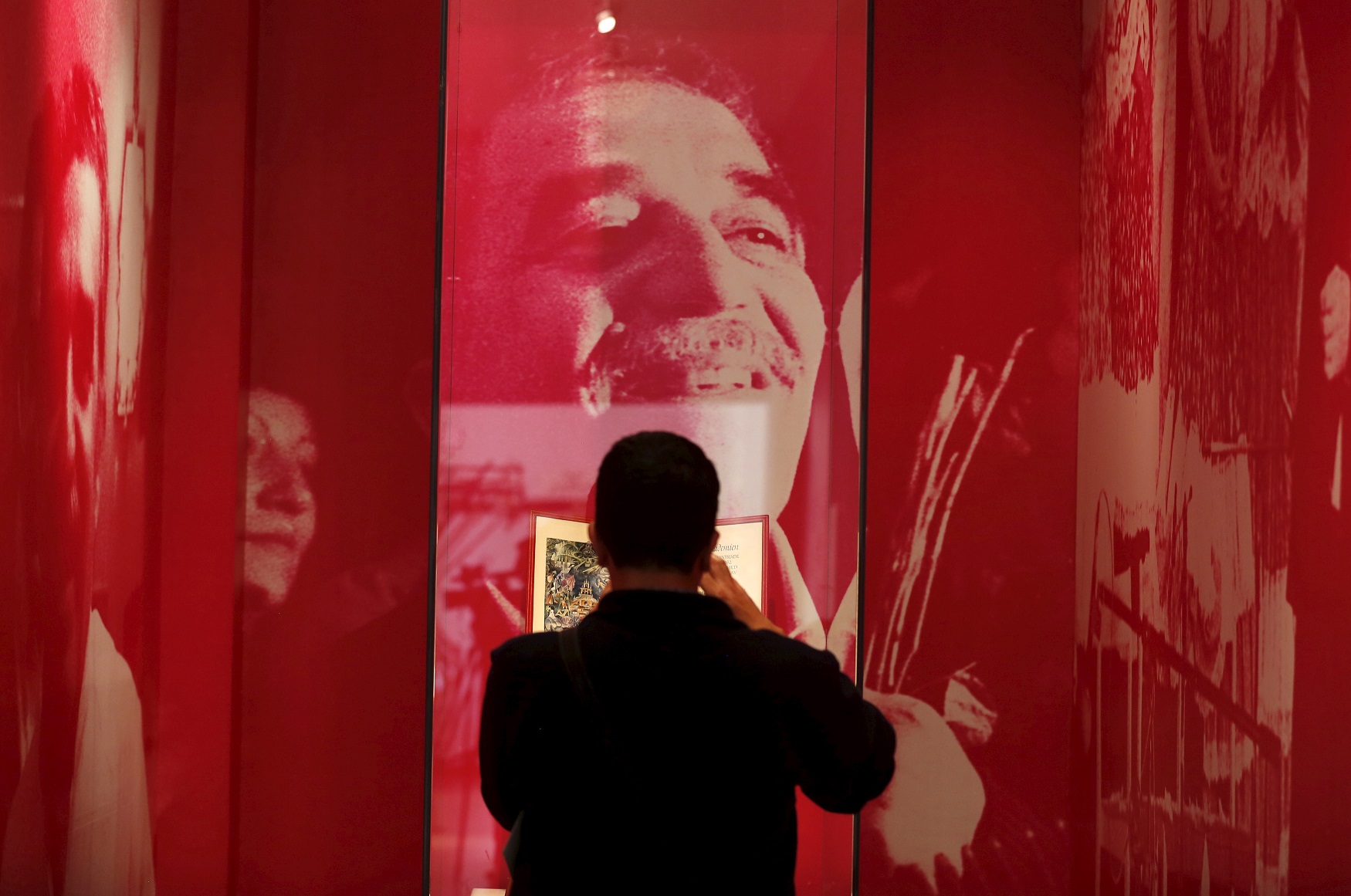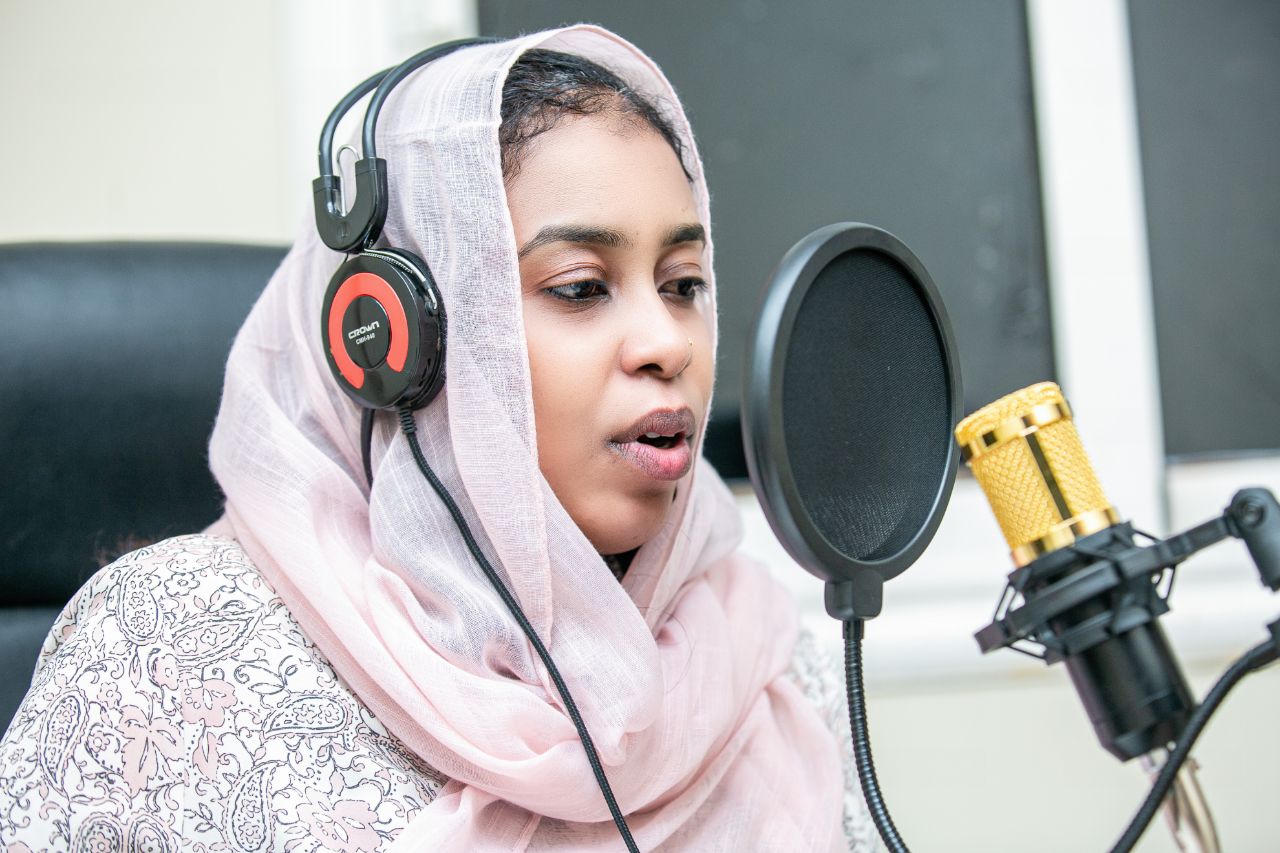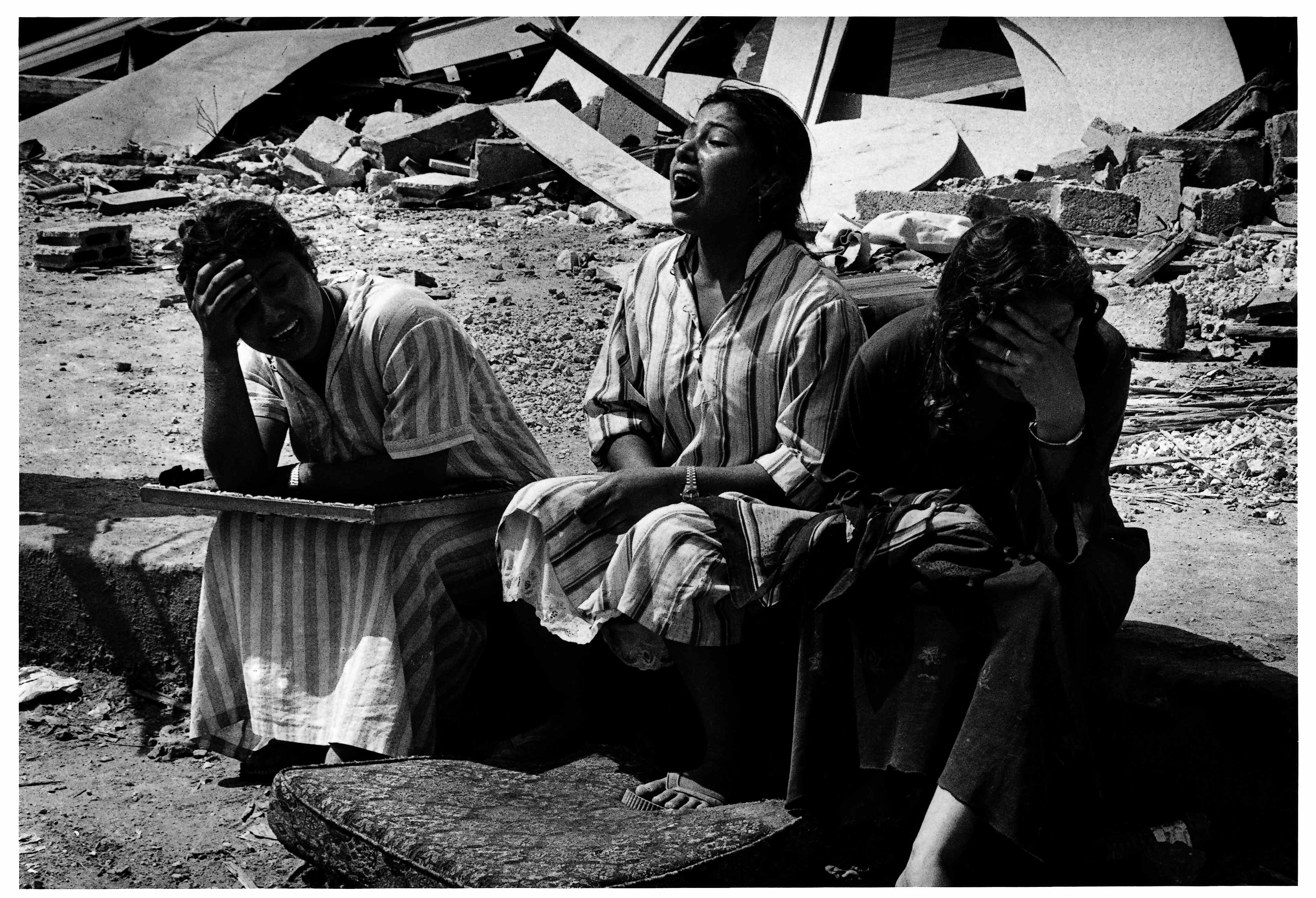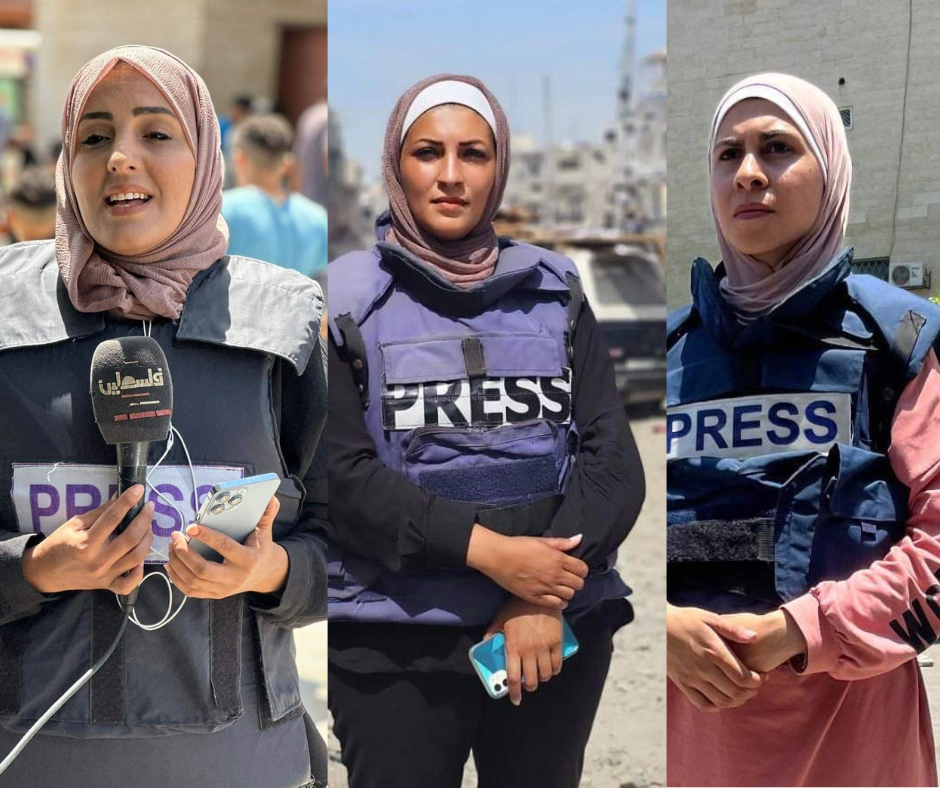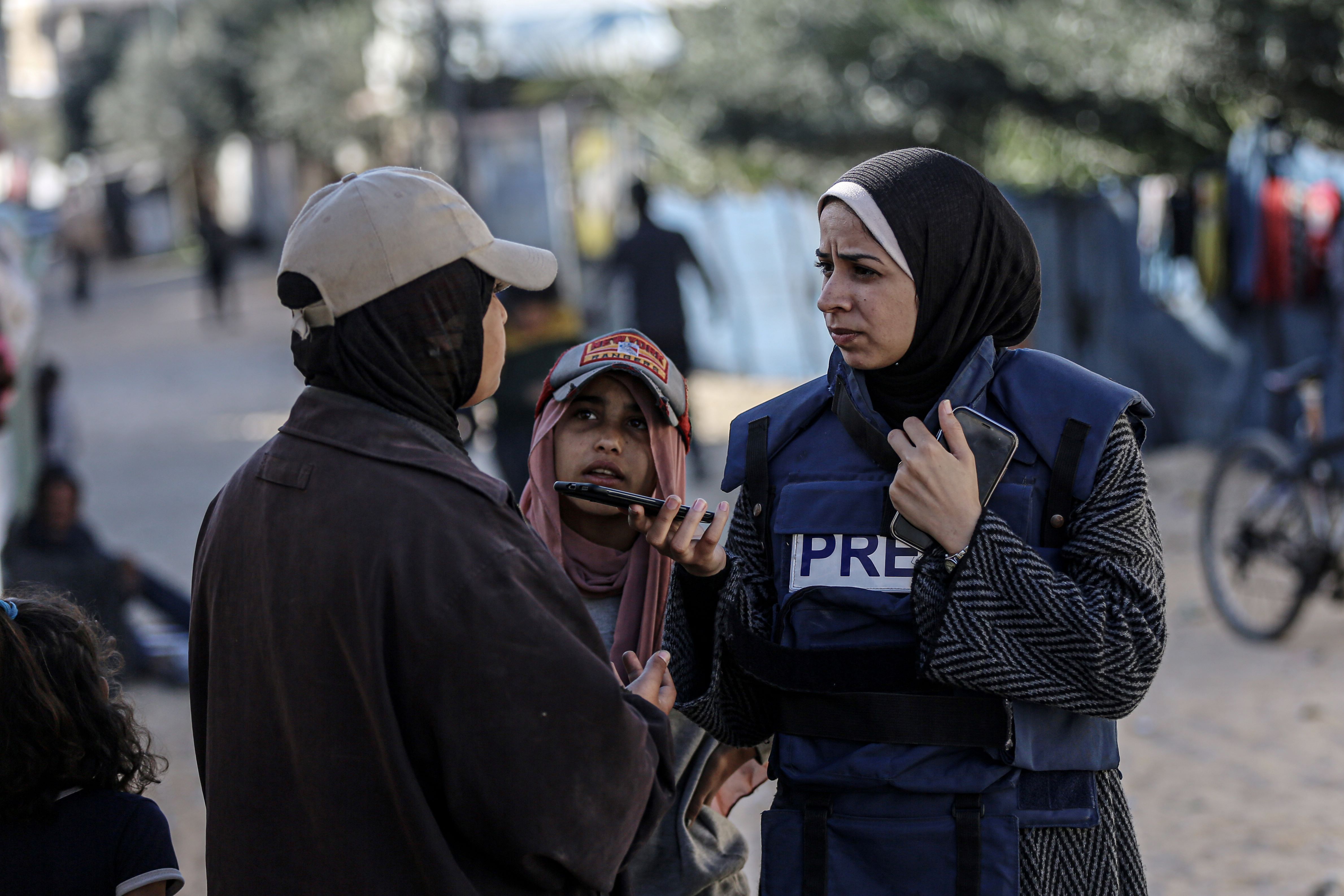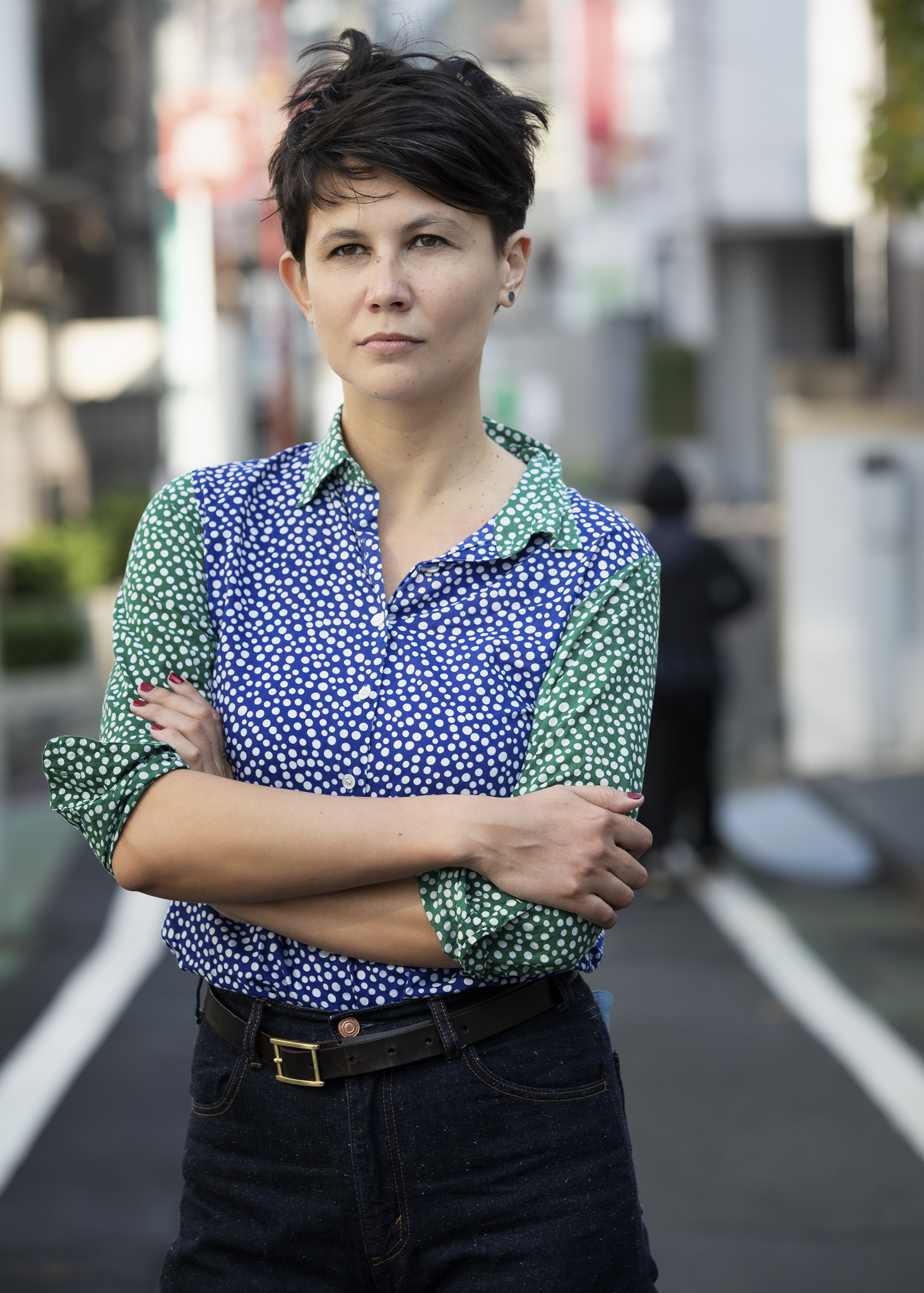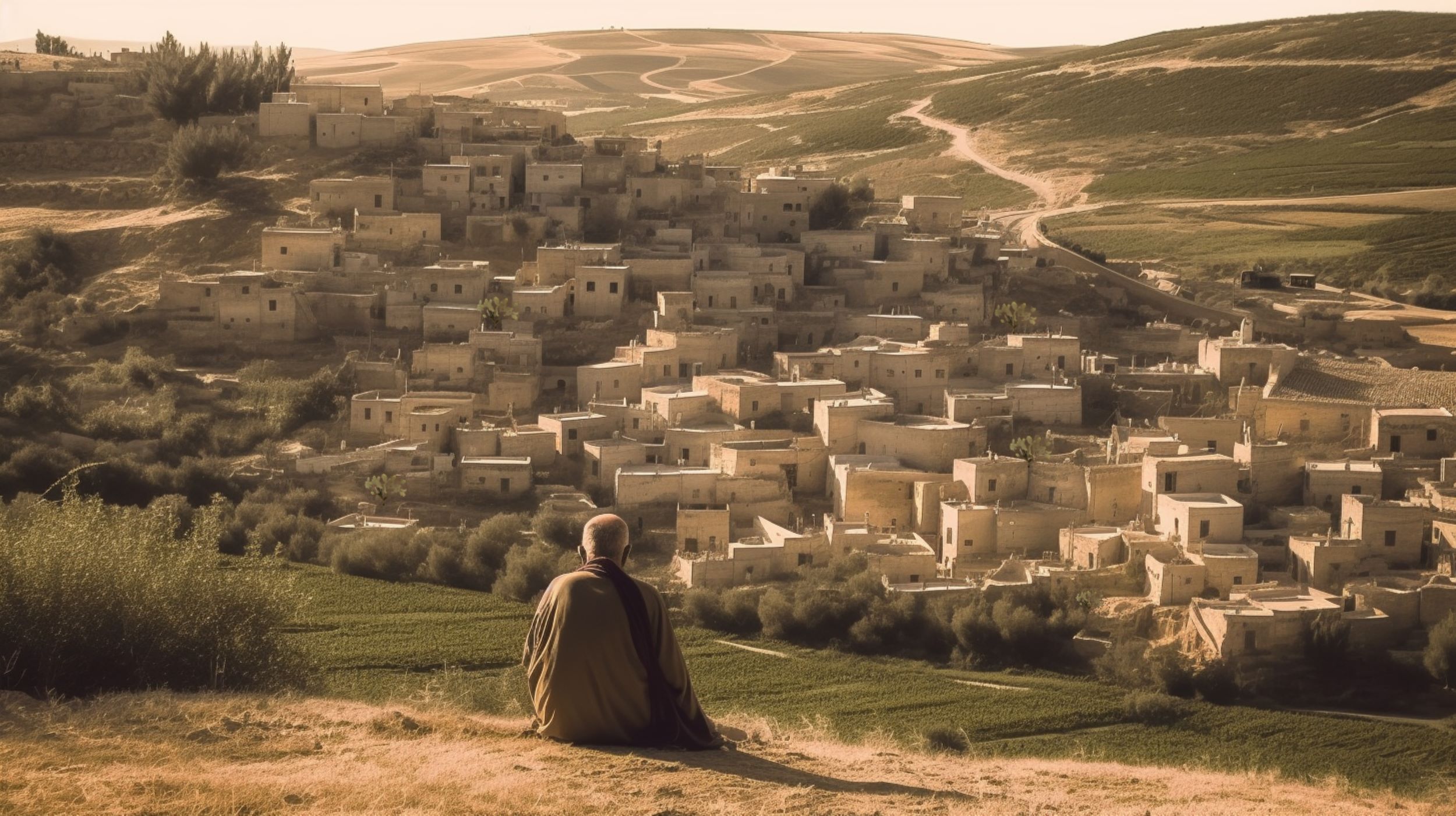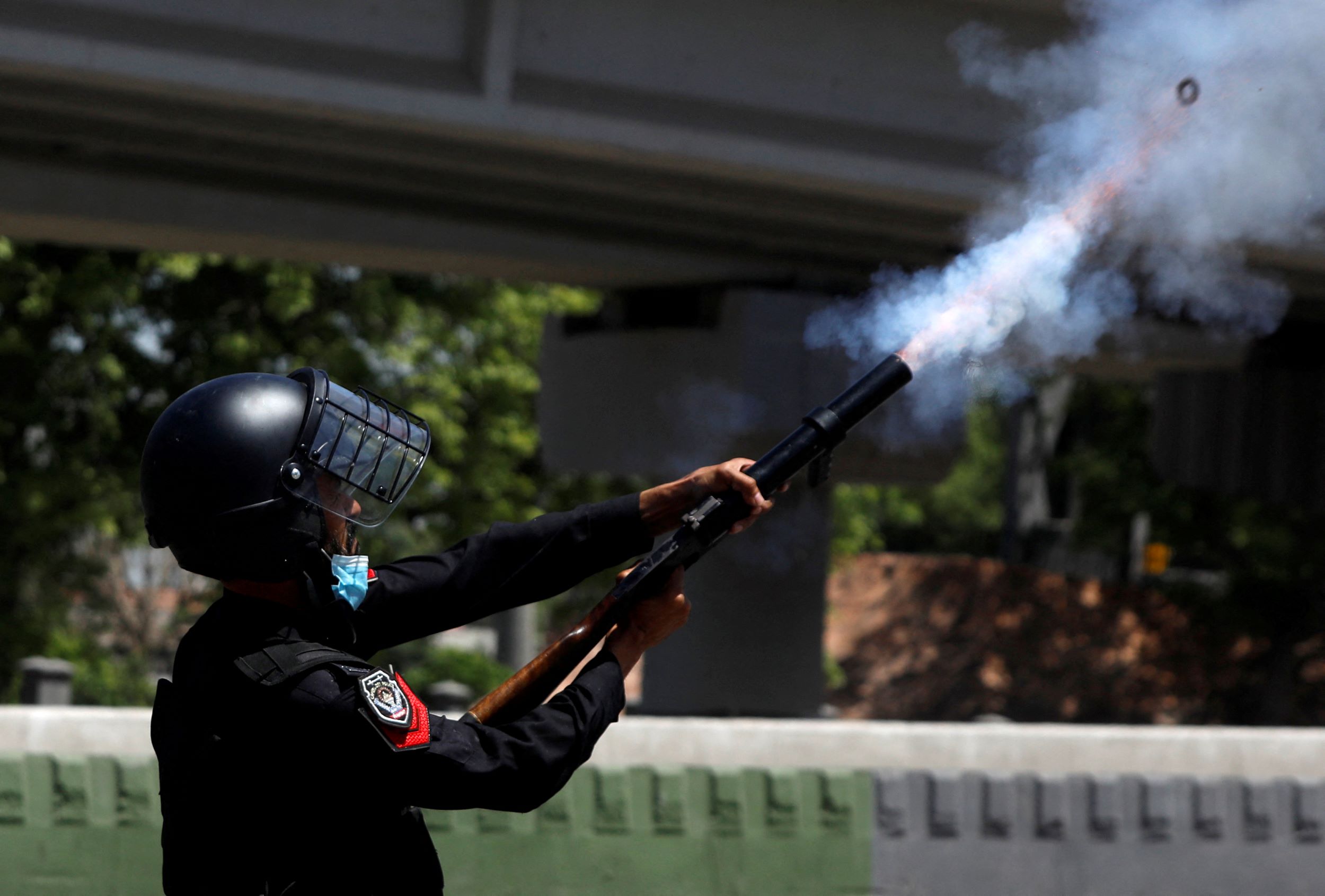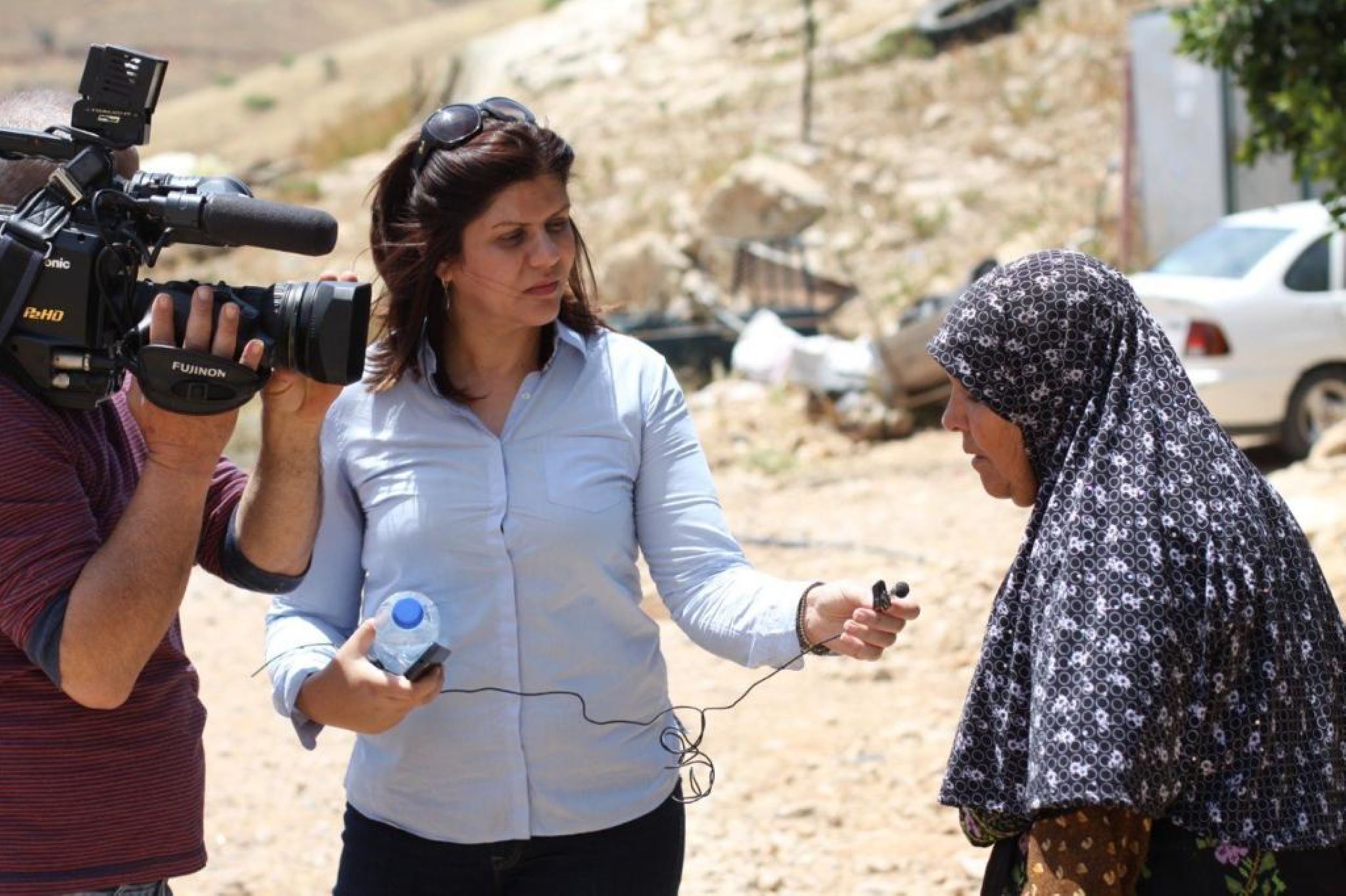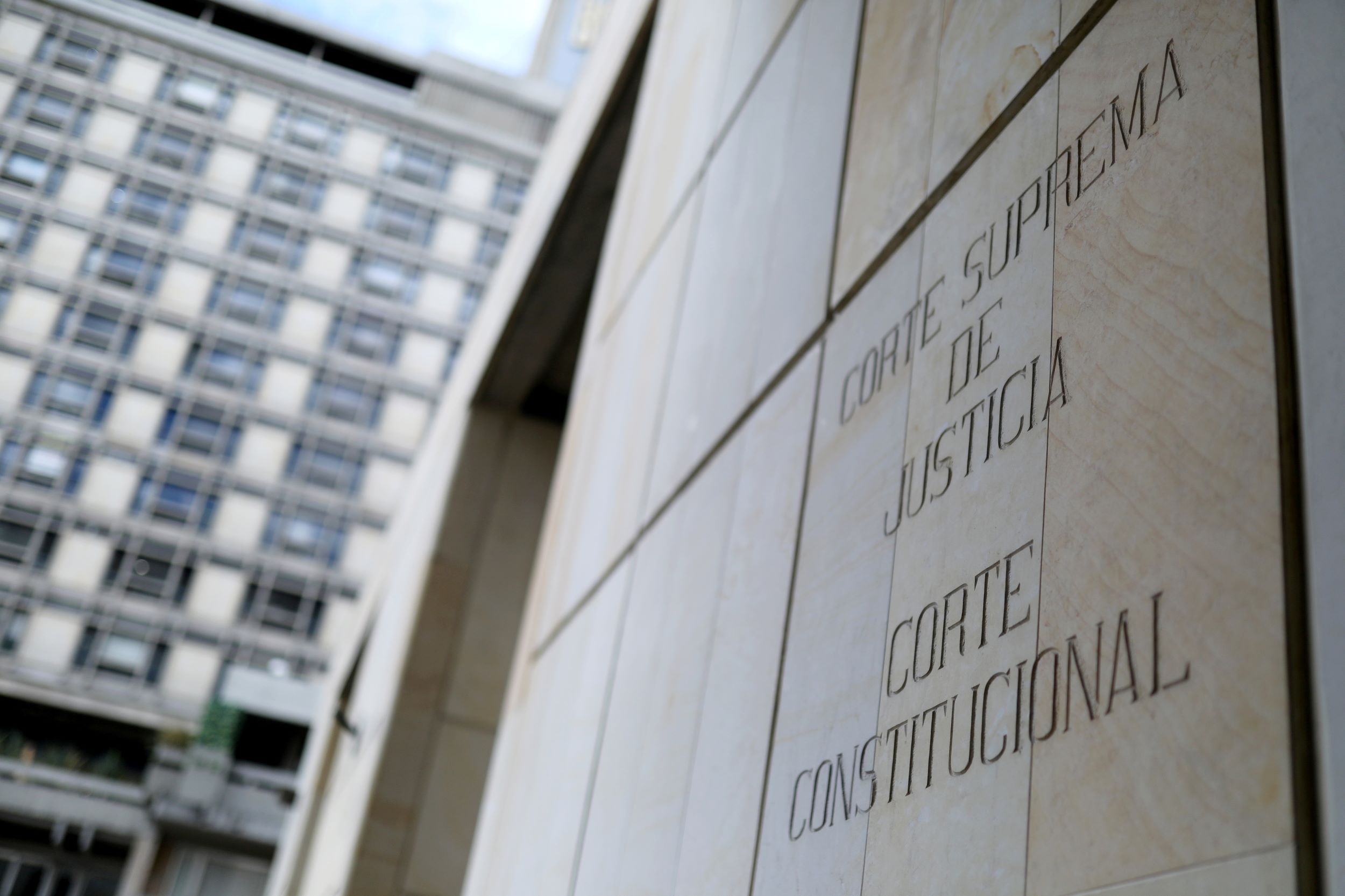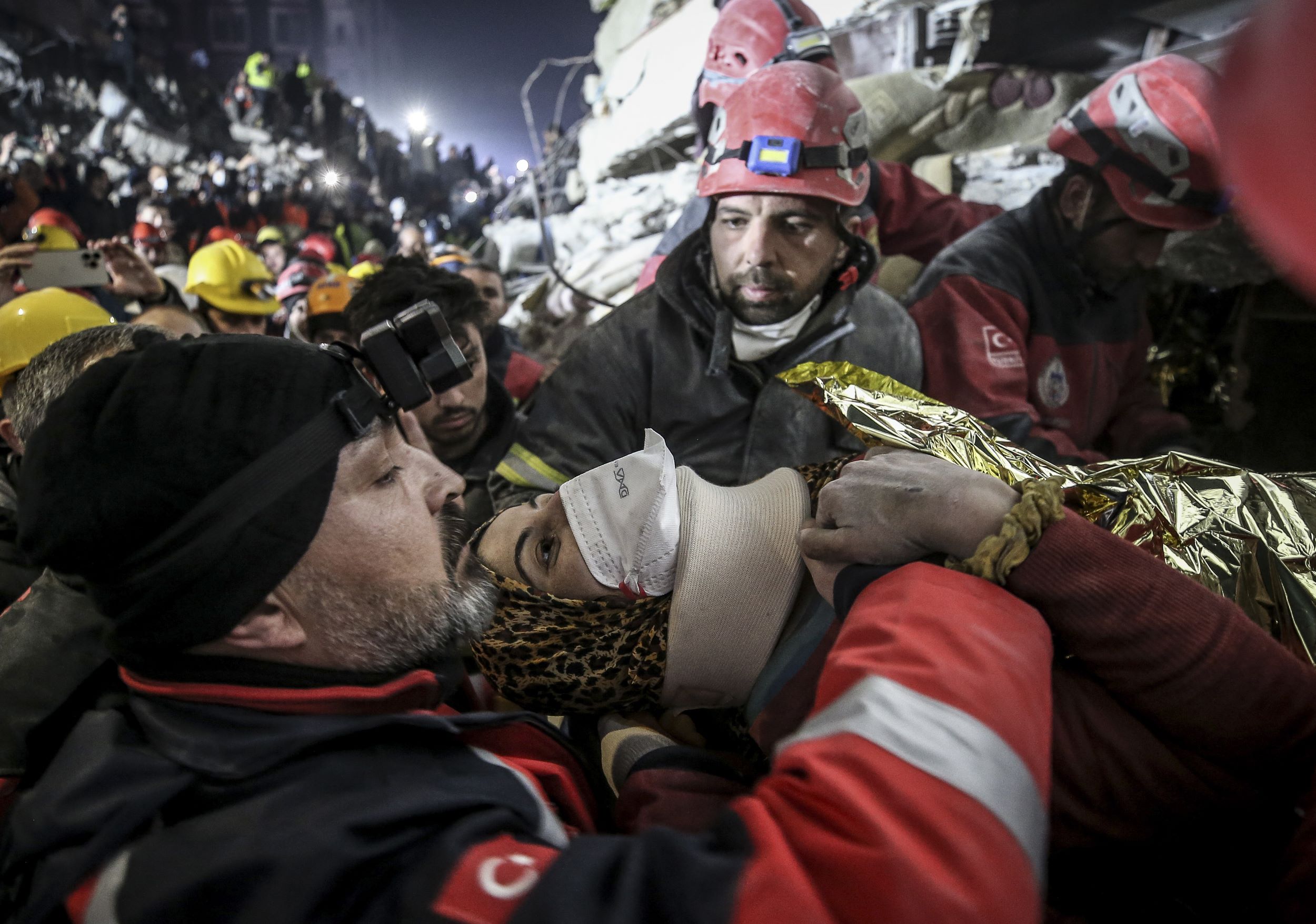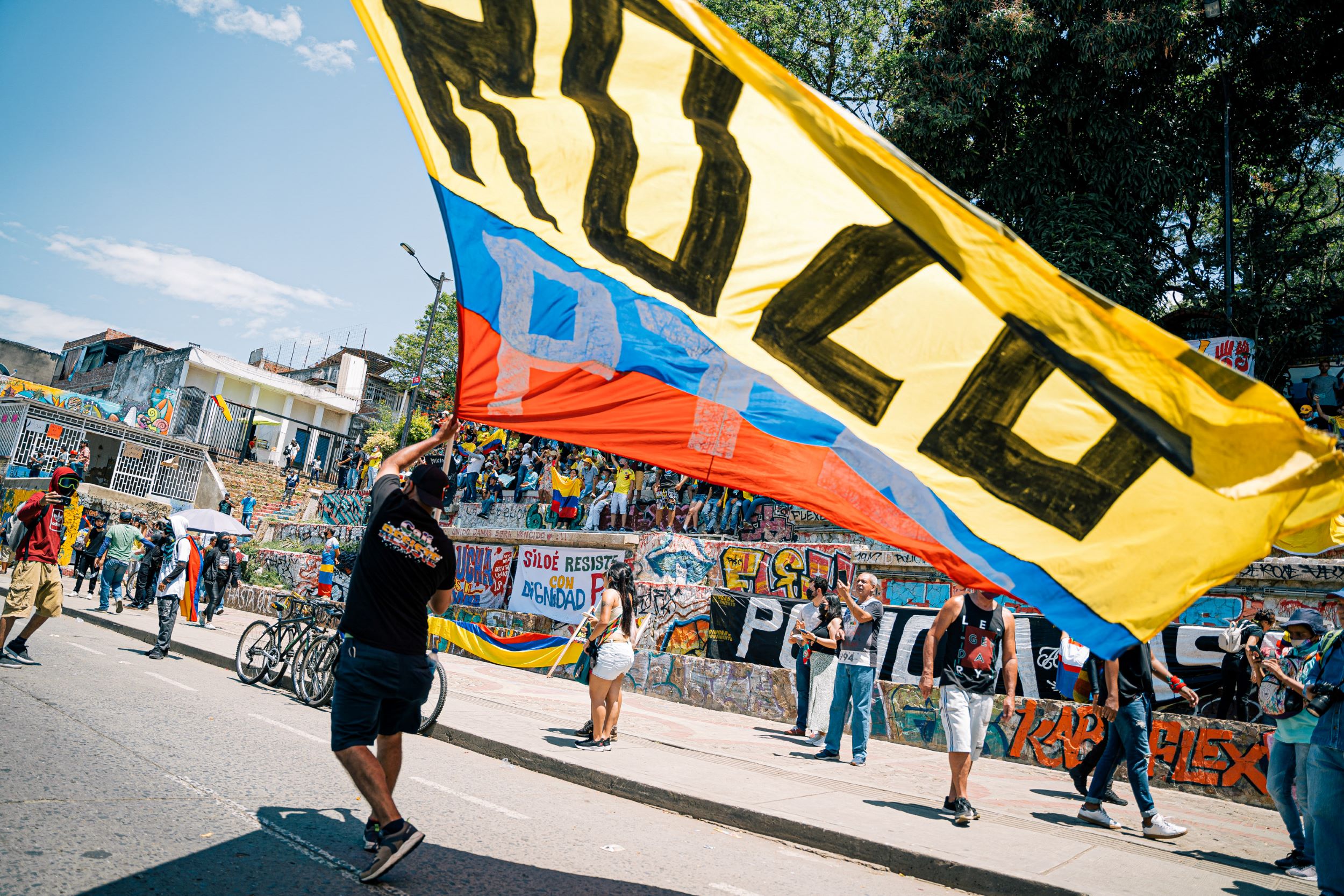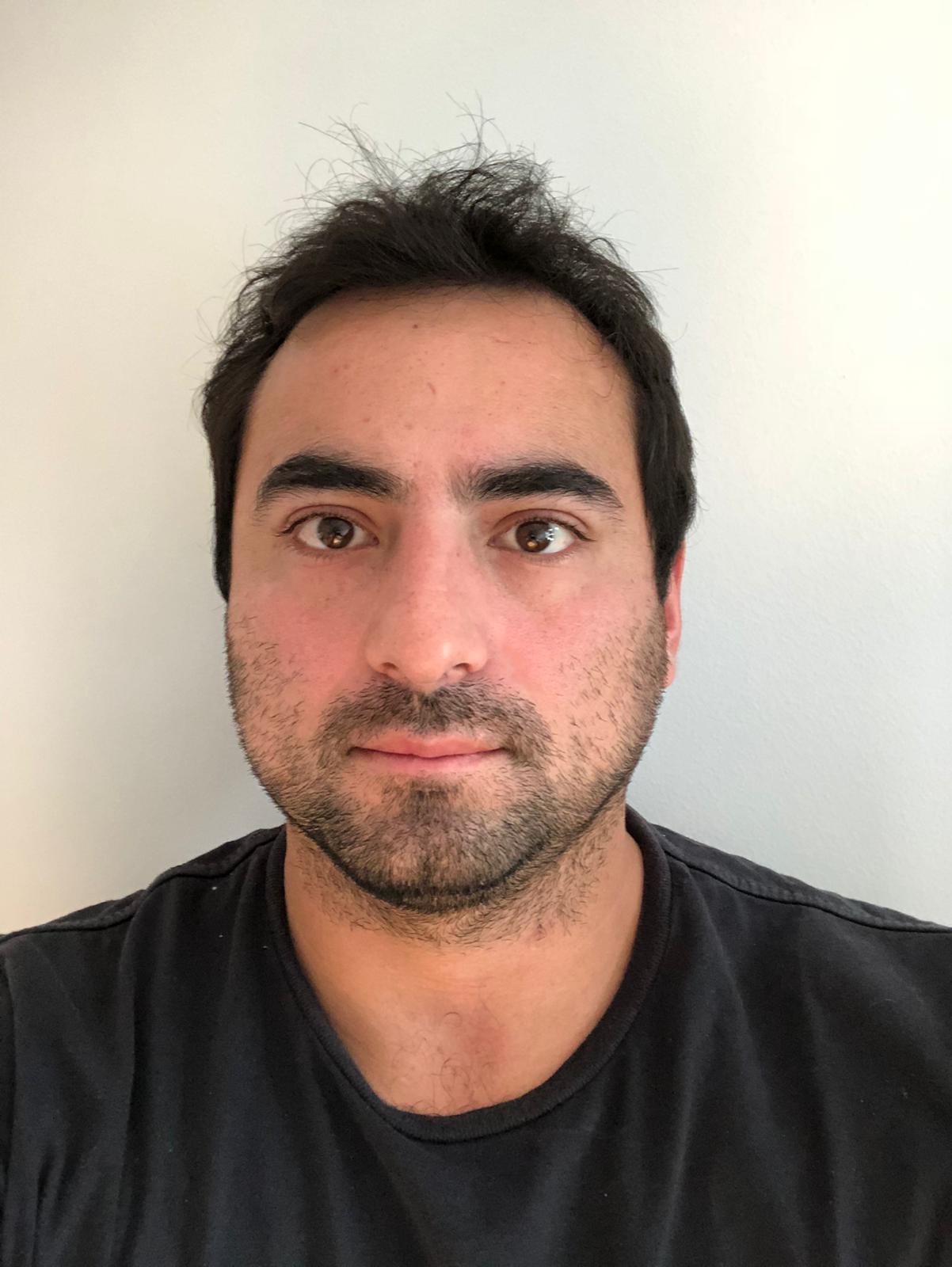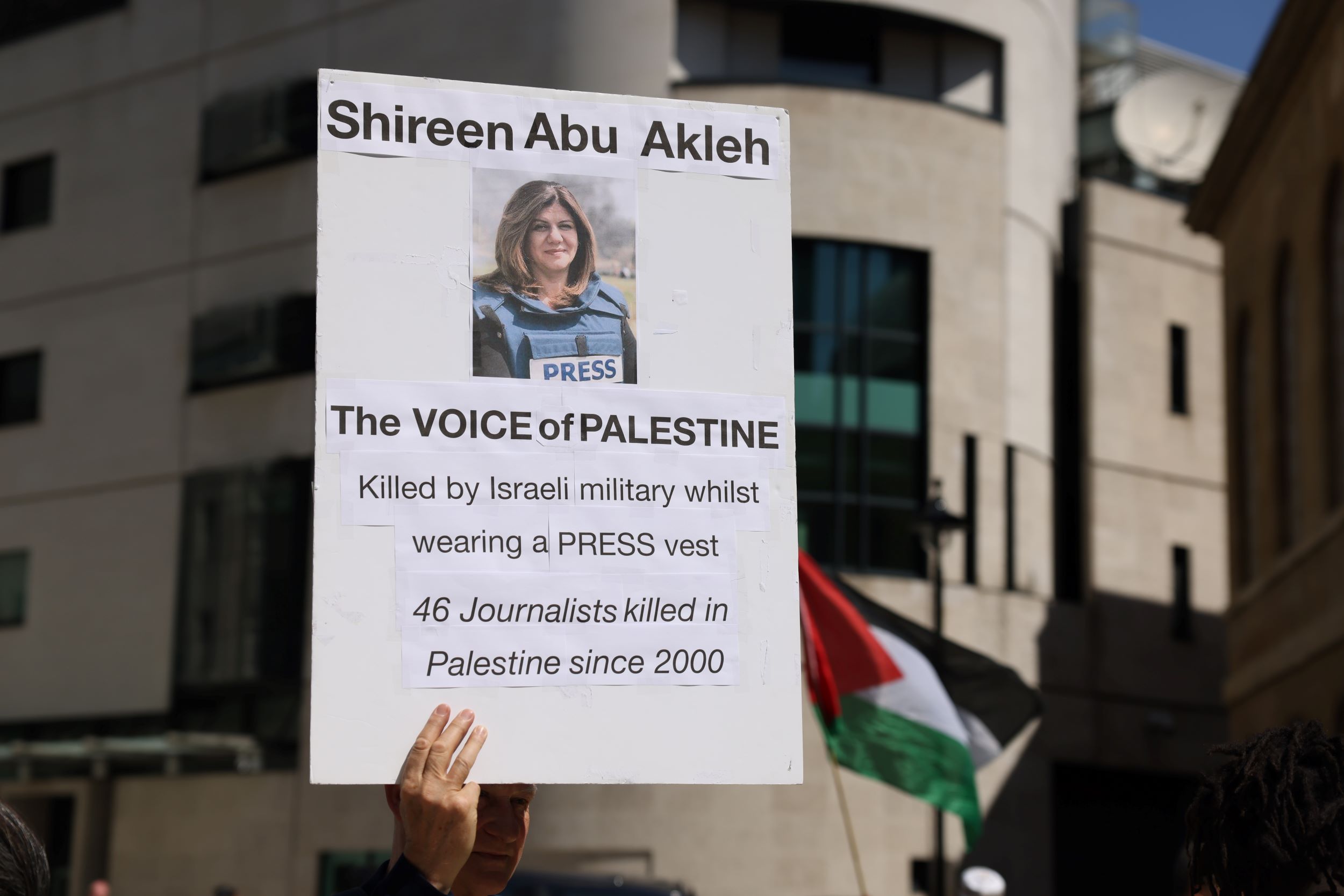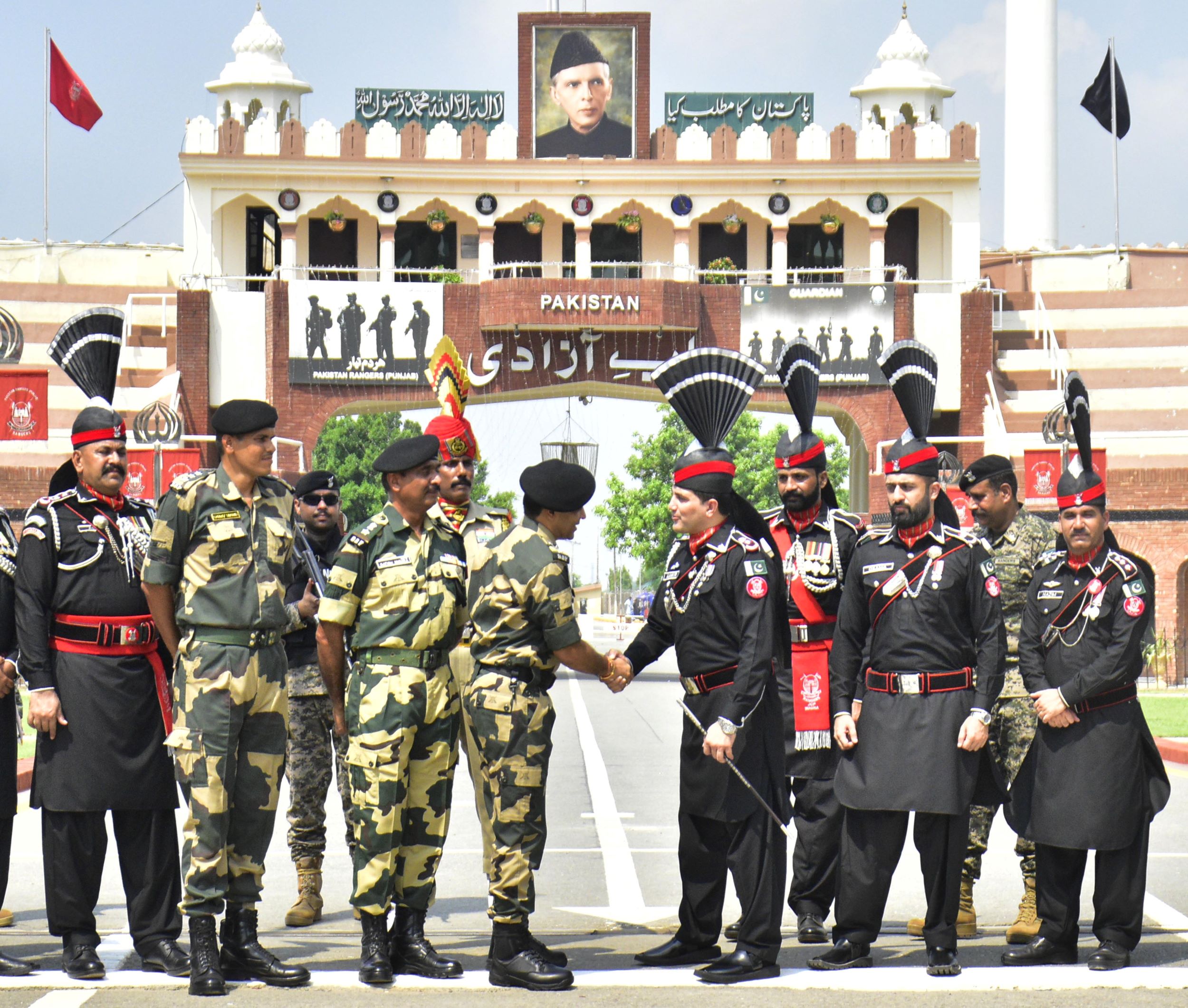لا أميل كثيرا إلى العبارات التي يعتقد أصحابها أنها تجذبنا للقراءة: إليك عشرة روايات، إياك أن تفوت مشاهدة سبعة أفلام، وربما ستموت بعد قليل إذا لم تفتح هذه المواقع التي تهم الصحافيين.. لذلك، سأكتب عن الروايات، التي أرى أنها تحكي عن مهنة الصحافة بعيدا عن موضة صارت رائجة هذه الأيام: اجتزاء المقولات من سياقها الروائي والأدبي، وتحويلها إلى حقيقة ناجزة على وسائل التواصل الاجتماعي.
"رغوة المال"
يساري حالم دخل الجبهة أعزل يريد تغيير العالم في "الطالياني" ثم صحافيا استقصائيا يحقق في موت لاعب كرة قدم في "باغندا"، لا يتخلى شكري المبخوت، الفائز بجائزة بوكر للرواية العربية عن حلمه في ممارسة الصحافة.
في رواية الطالياني، اختفى حلمه وسط كومة من الإحباطات السياسية والأوهام التي صاحبت حكم بنعلي وبوركيبة، لكن في رواية "باغندا"، يعلن عن نفسه دونما تردد:
"بدأت الحكاية على نحو مفاجئ، وانتهت بسرعة دون أن أتمكن من كشف خفاياها. كان إحساسي بالقهر وتعطشي لمعرفة الحقيقة قد دفعاني طيلة سنة تقريبا، إضافة إلى عنادي وبحثي عن سبق صحفيّ وأوهامي عن صحافة الاستقصاء، إلى الاشتغال على ملف الجوهرة السوداء في تاج كرة القدم التونسية "باغندا".
ولأن التربة واحدة، لا تختلف أجواء رواية "أرض المؤامرات السعيدة" لوجدي الأهدل التي كانت في قلب جدل سياسي حاد يوم صدورها، عن روايات شكري المبخوت: نفس المؤامرات، ونفس البيئة السياسية الفاسدة، ولكن الأهم من كل ذلك، كيف يتحول المثقفون والصحافيون على وجه التحديد إلى "شهود زور" يتواطؤون مع السلطة.
فتاة بريئة يغتصبها شيخ، يمثل روح السلطة، تحولت إلى قصة ترويها الصحف العالمية بيد أن الصحافي اليمني الذي يحقق في الحادثة، وهو نفسه الراوي، يجد نفسه ممزقا بين أن ينقل الحقيقة، وبين أن يغرق في رغوة المال صحبة رئيس تحريره الذي تحول إلى "طامس كبير" للتستر على شيخ يرمز في نهاية المطاف إلى مواضعات القبيلة وإلى أعرافها.
بحبكة سردية متينة، يحكي الكاتب كيف أن الصحافة تخلت عن أدوارها النبيلة لتصبح أداة في يد السلطة التي تستغل "نقطة الضعف الأخيرة" (العبارة لمحمود درويش من قصيدة الجدراية) وهي المال.
"لا نريد العمق الصحافي"
والمال هو عصب رواية "العدد صفر" للكاتب الإيطالي أمبرتو ايكو. رجل أعمال شهير وثري يمتلك باقة من القنوات والمجلات المتخصصة، يبحث له عن موطئ قدم في السياسة والصحافة، ويريد أن يثبت لأصدقائه أنه يمكن أن ينبش في تاريخهم الشخصي وفي فضائحهم.
الكومنداتور فمركاتي، يكلف صحافيا مغمورا ومعه جيش من "الصحافيين الفاشلين" بإطلاق جريدة "دوماني"، والنصائح كانت واضحة جدا في الاجتماع التحريري الأول: لا نريد العمق في التحليلات السياسية والاقتصادية، نحن لسنا نيويورك تايمز، لا نخاطب المثقفين، لا أبدا، نخاطب القارئ العادي. لا بأس، يسرد أمبرتو إيكو بأسلوبه الساخر، من بتر العناوين من سياقها، تحريف الشهادات، إضفاء مسحة فضائحية على المقالات..
بكتيبة الصحافيين الفاشلين التي تضم صحافيا متخصصا في أخبار الشرطة، وخبيرا ضليعا في أخبار الفضائح، يبحث مالك الجريدة عما يسميه إيكو عن النبوءة: نبوءة تشويه الشخصيات، نبوءة القتل الرمزي للمعارضين والمخالفين. ونبوءة أن تنسلخ الصحافة عن هذه الخصلة الساذجة: العمق.
لدي إيكو ميل غريزي نحو الصحافة كما اعترف في حوار طويل مع مجلة باريس ريفيو، لكنه ميل يشبه الجلد الدائم المغلف بسخرية سوداء وهو الذي عاش فترة الثمانينيات والتسعينيات التي كانت الصحافة توظف في الصراعات الدموية بين السياسيين ورجال الأعمال، لكنه يمتلك تصورا مكينا عن الصحافة: إنها ماكينة لصنع الكليشيهات البلهاء.
لا تبتعد رواية "القاتل الأشقر" للكاتب المغربي طارق بكاري، عن جو الصور النمطية والكليشيهات، التي لا يحبها صاحب "اسم الوردة" (أمبرتو ايكو)، فهاهو صحافي لبناني يدعى وليد معروف وصل للمغرب ليعد تقريرا عن الدعارة ثم يجد نفسه ينقب في تاريخ صديقه "الأشقر" مع داعش وكيف وصل إلى كوباني، وماهي مسارات حياته التي شكلته حياته النفسية.
رواية تناقش بعمق قضية "تجارة" التقارير الصحافية التي تتناول مواضيع الإرهاب والجماعات المسلحة، في قالب روائي، يمزج بين شخصيتين: الأولى صحافية، تبحث عما يشبه الحقيقة والثانية، تسعى بكل الوسائل إلى إخفائها.
الصورة ليست قاتمة تماما عن الصحافة في رواية "الحب في المنفى لبهاء طاهر"، صحافي ناصري الهوى، ينبض قلبه جهة القومية، وجد نفسه وقد انتهت فترة الزعيم، منبوذا، وقرر أن يهاجر إلى النمسا. وهنا، بدأ السرد يتحرك في الرواية، لكنه يوثر المونولوغ، فتارة تجده يتساءل عما الذي تغير بين عبد الناصر والسادات كي يقذف إلى قارعة النسيان: أنا صحافي في نهاية المطاف، يقول في اعتراف بنبرة مأساوية، وهي نفس النبرة التي يحكي بها ما جرى في مجازر صبرا وشاتيلا، وفي حرب الخليج الأولى المريرة بين إيران والعراق.
بغير قليل من السباب، يضع بهاء طاهر تجار الدين وحراس العقيدة، وعبدة الإيديولوجيا، والطغاة في إجهاض حلمه في ممارسة الصحافة وحلم ملايين العرب في الحرية أيضا: "من يتحمل هذه الدنيا، من يتحمل غطرسة المتكبرين والطغاة والأمراء وآلام الحب المخذول والانتظار الطويل واستحالة العدل وهزيمة الرقة أمام الوحشية وكل تلك الأنانية وكل ذلك الظلم.. من يتحمل هذه الدنيا".
"الأخلاق مسألة وقت"
بول أوستر، أحد أقطاب الرواية الأمريكية، لا يتحمل لا الدنيا ولا الصحافة أيضا. وفي روايته 1234، التي تمثل كما قال عصارة تجربته في الحياة، يتخيل مسارات أربعة أشخاص تجتمع في جوف واحد: كاتب صعلوك، صحافي مضطرب، بطل رياضي، مناضل. يحاول في كل فصول الرواية التي تتجاوز ألف صفحة أن يبين إلى أي مدى يمكن أن تقود الصدفة حيوات البشر.
في لحظة ما تعجز عن تحديد جنس الرواية: هل هي سيرة ذاتية لبول أوستر، أم رواية متخيلة، أم نبوءة حول أحوال العالم. وفي نيويورك وباريس، حيث تدور أحداث الرواية، يتحيز أوستر، إلى الناشطين والصحافيين الذين قرروا أن يقفوا ضد التقاليد المرعية، والمؤسسات التي حولت الفرنسيين والأمريكيين إلى عبيد..
"كاي دو موباسون"، Guy de Mauppasant، لا يبتعد كثيرا عن الرؤية السوداء للأدباء عن الصحافيين، رغم أنها كانت لمدة طويلة طوق نجاة لهم وما تزال. في روايته " Bel AMI" (الصديق الجميل) يحكي الكاتب قصة ضابط صف سابق فاسد الأخلاق يسمى "جورج دوغوا"، كان معدما ومفلسا قبل أن ينتشله صديقه القديم، الصحافي المشهور، من براثن الفقر.
تتحرك أحداث الرواية، ليكتشف ضابط الصف أن الذي يكتب المقالات، ليست سوى زوجة صديقه التي صار عشيقا لها ثم صديقاتها، ثم شيئا فشيئا يرتاد صالونات الأغنياء والزيجات الجميلات الثريات مستغلا فتوته ووسامته.
"جورج دوغوا"، تسلق المراتب، وأصبح ذا شأن بفضل مقالات لم يكن يكتبها، كمن "يشيد قصرا فوق مزبلة"، لتصبح الرواية فيما بعد رمزا لاستسهال الصحافة، دفعت بكاتب كبير مثل جون بول سارتر أن يقول عنها: كاي دوماباسون مشرح كبير للصحافة.
بنزاهة أخلاقية، واستقامة ملائكية، قاوم غابرييل غارسيا ماركيز في "ذكريات غانياتي الحزينات"، النظرة الكلاسيكية عن الصحافي: سكير وصعلوك وتتحكم فيه غرائزه. قاوم إلى الثمانين من عمره.
يدين الكاتب الكولومبي للصحافة، لذلك أراد أن يسدد قسطا منه في هذه الرواية. البطل يصير صحافيا بالصدفة، بعدما تدخلت والدته لدى صحيفة محلية معروفة، لكن عموده الأسبوعي، سيحظى بشهرة منقطعة النظير، بيد أن القضية الوجودية التي واجهها البطل، بأن كل أصدقائه كانوا يرتادون "بورديل" مجاور لمبنى الجريدة، تمتلكه "أشهر ليبرالية بالمدينة" روزا كاباركاس.
بإرادة قديس ناسك رفض البطل أن ينخرط في هذا الجو الضاج بالملذات، إلا أنه حينما أقفل عيد ميلاده الثمانين، داهمته فجأة رغبة في الحياة، اتصل بكاباركاس بحثا عن فتاة صغيرة وخمر معتق، قبل أن تجيبه بسخرية عظيمة: ألم أقل لك إن الأخلاق مسألة وقت كذلك.
يناقش ماركيز، ضغوط حرفة يكرهها ويحبها الجميع، يتودد إليها السياسيون، رجال الأعمال، رجال الدين في لحظة العزلة الكبرى يبقى الصحافي عاريا إلا من مقالاته التي يجب أن يسلمها في اليوم الموالي..
يظهر الصحافي في الروايات -في الغالب- متسلقا، وصوليا، عدوا للحقيقة مرتشيا، تغره الأهواء والأضواء، مستثمرا سلطته للتصفية الرمزية في خدمة الساسة ورجال الأعمال، عاشقا للفضائح و"اللحم الطري" (عبارة من فيلم ذ "بوست).. يمتطي مقالاته، لا لكي يخبر الناس بما جرى، بل أن يشوه الوقائع.. لكنه ثمة اعترافا، مرة يكون مباشرا ومرة أخرى مستترا: دون الصحافة، ستستأسد السلطة، ويسقط المثقف، ويزدهر المنبطحون..
ربما، يعبر شكري المبخوت عن تاريخ طويل من الكتابة الروائية عن الصحافة: "لكن الصحفي الحقيقي هو الذي له صلات.. بالكبار فيها. يتزود بالمعلومات ليعرف اتجاهات الريح. لابد له من علاقات مع دوائر القرار شريطة ألا يصبح واشيا قوادا نماما رخيصا فتغلق دونه حنفية الأسرار ولحاسا متزلفا حقيرا فيركل ويرمى به خارج الدائرة".
